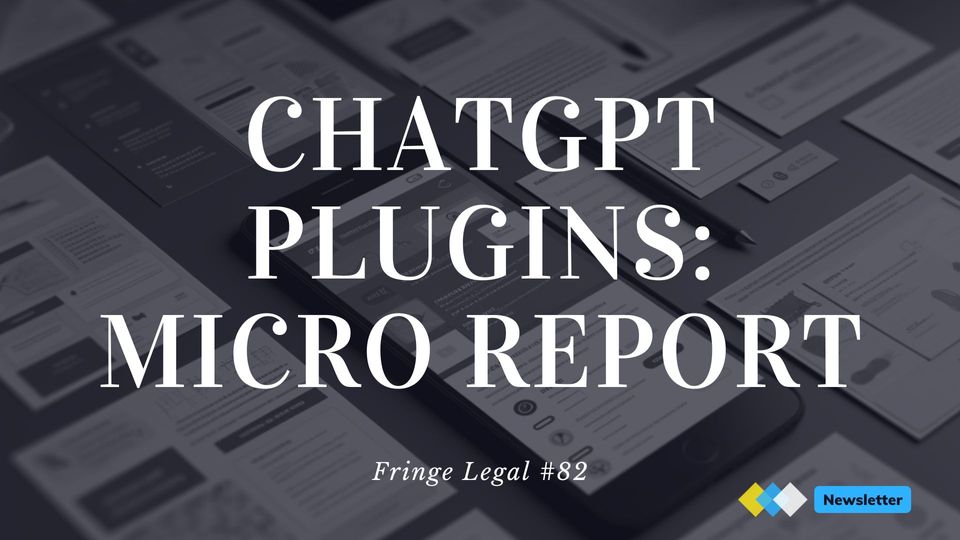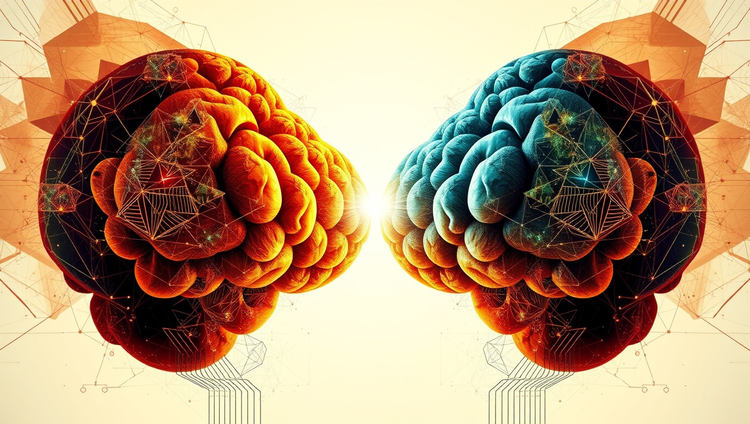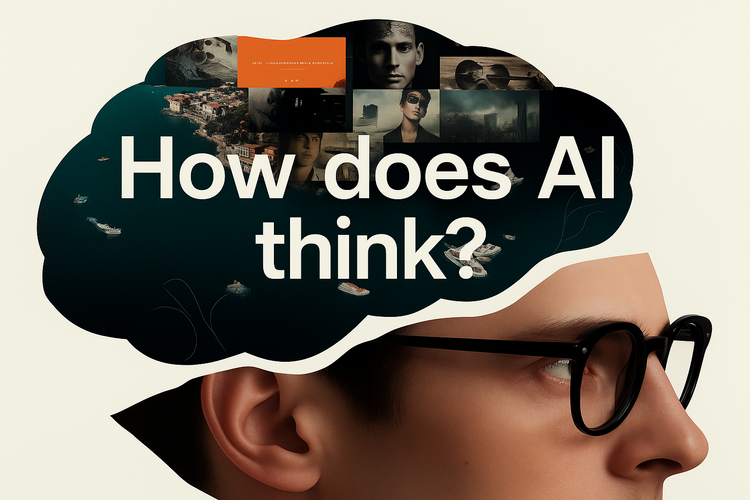Fringe Legal #82: Unveiling the Impact of ChatGPT Plugins on Legal Tech

🧪 New launch from Fringe Legal Labs Tomorrow
I teased a project I've been working on LinkedIn last week and got overwhelming support.

I'll be officially launching it tomorrow (Monday, US PST). Look out for an email, and please support the project by sharing if you can.
ChatGPT Plugins: A Micro Report
Why It Matters
ChatGPT Plugins matter because they extend the capabilities of ChatGPT, allowing it to interface with various other applications and services. This enhances the utility of ChatGPT, providing it with real-time data and enabling it to manipulate software based on user prompts. The plugin framework resembles an app store for ChatGPT, indicating a significant expansion of its potential use cases.
Problem
The issue most have is the need for more dynamic, context-aware AI systems that can tap into a wider range of data sources and perform more complex tasks. Traditional AI models often lack the capability to interact with other software or query real-time data, limiting their practical application.
Solution
ChatGPT Plugins offer a solution to this problem. By allowing ChatGPT to interface with various other services and access real-time data, these plugins significantly expand the potential applications of AI. For instance, using the OpenTable plugin, ChatGPT can search for restaurants in a specific city that meet certain criteria, such as being wheelchair accessible and having good recent reviews.
Risks
- Data Security and Privacy: As plugins interface with various applications and services, they may access, process, and store sensitive data, including confidential client information. This raises concerns about data security and privacy. It's crucial to ensure that plugins are developed and used in compliance with data protection regulations and that they have robust security measures in place to prevent data breaches.
- Reliability and Accuracy: Using plugins to perform complex tasks, such as legal research or document review, rely on the accuracy and reliability of the data they access and the algorithms they employ. Inaccurate or incomplete data, or flawed algorithms, could lead to erroneous results, potentially impacting case outcomes and client relationships. There is still a need for human-in-the-loop.
- Dependency on Third-Party Developers: The development and maintenance of plugins often rely on third-party developers. This dependency could pose a risk if these developers discontinue support for a plugin, leaving firms without critical functionality or plugins incompatible with future ChatGPT updates.
- Regulatory Compliance: As the use of AI in legal practice is still a relatively new phenomenon, the regulatory landscape is evolving. Law firms must ensure that their use of ChatGPT and its plugins complies with current regulations and is adaptable to potential future regulatory changes.
- Training and Adoption: Implementing ChatGPT and its plugins in a law firm requires training staff to use these tools effectively. There may be resistance to adoption, particularly if the technology is seen as replacing human roles. It's important to manage this change effectively to maximize the benefits of these technologies.
Predictions
- The number of ChatGPT Plugins will grow exponentially as more third-party developers create plugins for the platform. (Here is a list of 216 plugins)
- ChatGPT Plugins will start to see more advanced integration, with plugins communicating with each other to perform more complex tasks.
- The availability of real-time data through plugins will enable ChatGPT to provide more accurate and context-aware responses.
Opportunities
- Legal technologists can leverage plugins to enhance the capabilities of ChatGPT in their practice. For instance, they could use plugins to access legal databases, perform complex legal research, or automate routine tasks.
- Firms can use ChatGPT Plugins to build more efficient workflows, saving time and resources. (See risks above.)
- The plugin architecture opens up opportunities for the development of legal-specific plugins, which could provide bespoke functionality tailored to the needs of the legal sector.
Carve outs
(random tidbits for curious minds)
🔐 The Security Hole at the Heart of ChatGPT and Bing. As the adoption of GenAI tools increases, so will how often they are abused. Indirect prompt-injection attacks can leave users vulnerable to scams and data theft on AI chatbots. Researchers are demonstrating the potential dangers of attacks on the likes of Microsoft’s Bing chat system and OpenAI’s ChatGPT.
👀 Highlights from Build 2023. Microsoft Build 2023, held in May, showcased a range of innovative releases and updates across Microsoft's services and platforms. Key highlights included the integration of Bing into ChatGPT, the introduction of plugins for Microsoft 365 Copilot, the launch of Microsoft Fabric, enhancements to Windows 11 and Edge, and new features in Azure AI Studio, among others.
🌵 OpenAIs plans according to Sam Altman. Sam Altman, CEO of OpenAI, shared the company's near-term roadmap and discussed the challenges facing the API during a recent developers' meeting. Altman said that while he believes in the importance of regulation and open source, he has no plans to compete with OpenAI customers beyond ChatGPT.
🗾 Japan Goes All In: Copyright Doesn’t Apply To AI Training. Training data can be used "regardless of whether it is for non-profit or commercial purposes, whether it is an act other than reproduction, or whether it is content obtained from illegal sites or otherwise."






Become a Fringe Legal member
Sign in or become a Fringe Legal member to read and leave comments.
Just enter your email below to get a log in link.